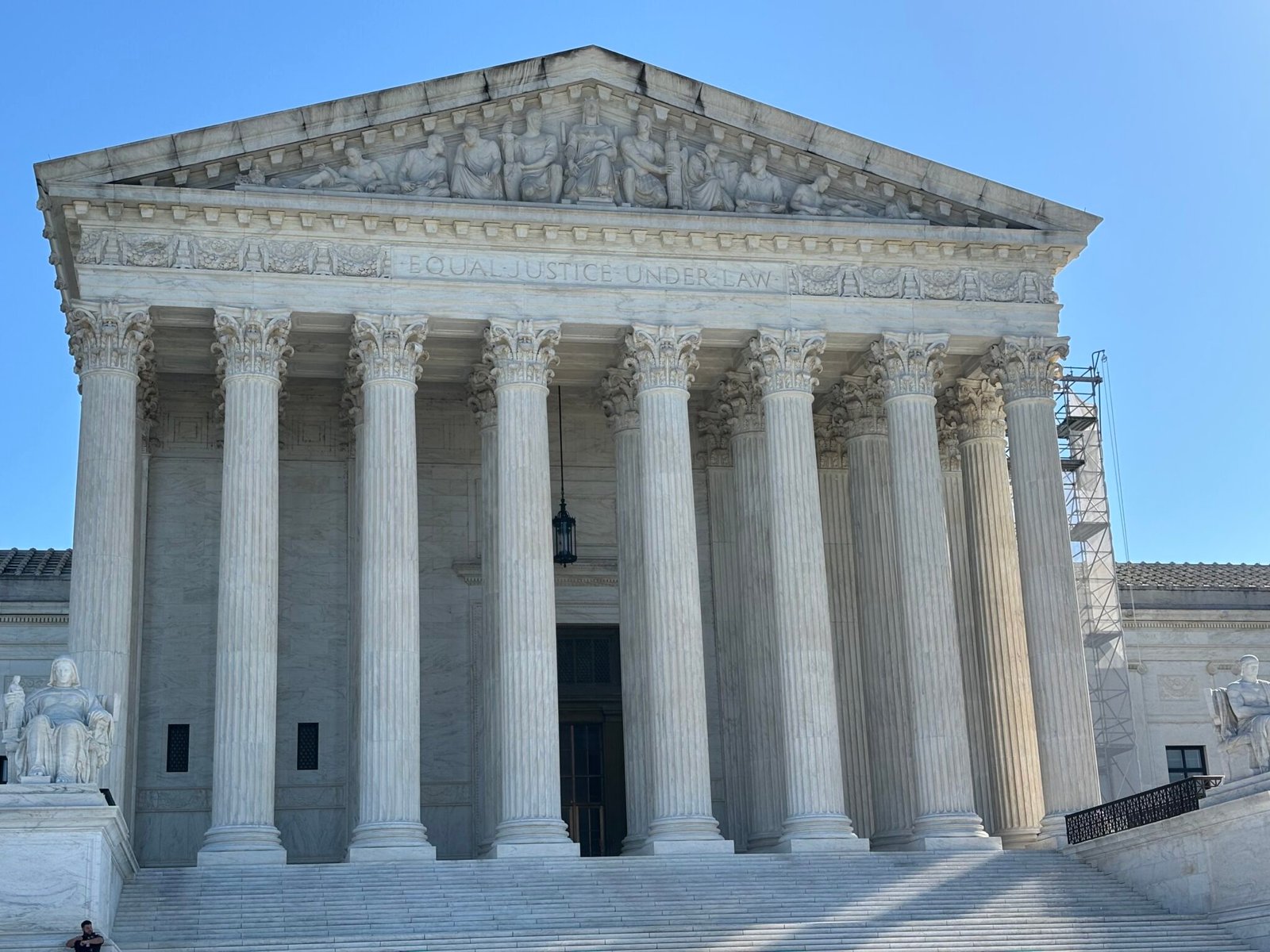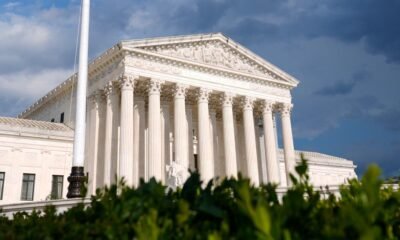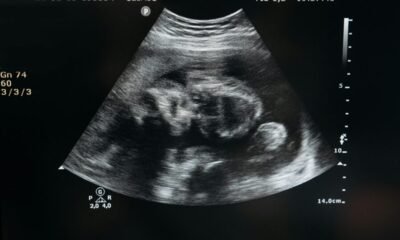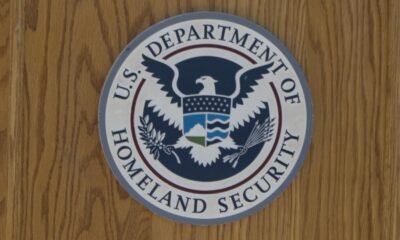14th Amendment
US Supreme Court Curbs Nationwide Injunctions, Partially Enforces Trump’s Birthright Citizenship Ban

WASHINGTON — In a significant ruling on Friday, the U.S. Supreme Court limited the use of nationwide injunctions by lower courts against President Donald Trump’s executive order regarding birthright citizenship.
While the court refrained from addressing the fundamental constitutionality of birthright citizenship, it allowed the executive order to potentially go into effect in 28 states not involved in the original lawsuits, effective within 30 days.
This ruling implies a dichotomy; a child born in certain states may be recognized as a U.S. citizen, while in others, they may not be, pending further legal developments.
The decision could also set a precedent restricting other nationwide injunctions against Trump administration policies, a tactic that had been successful among several Democratic state attorneys general.
“GIANT WIN in the United States Supreme Court!” Trump declared on social media, following the decision.
Speaking later at the White House, Trump indicated that his administration would advance multiple executive orders previously stalled by nationwide injunctions, including measures concerning refugee resettlement and federal fund allocations to so-called “sanctuary” jurisdictions.
In strong dissent, Justice Sonia Sotomayor warned, “No right is safe in the new legal regime the Court creates.” She expressed concerns that the ruling could threaten various rights beyond birthright citizenship.
The conservative justices contended that nationwide injunctions may exceed the courts’ equitable authority as designated by Congress. The ruling was led by Justice Amy Coney Barrett, with backing from Chief Justice John Roberts and other conservative justices.
While challenging the executive order, the Trump administration focused on the issue of nationwide injunctions rather than the executive order’s compliance with constitutional provisions.
Attorney General Pam Bondi noted that the Supreme Court is expected to address the core issues surrounding the executive order in its next term.
The ruling requires lower courts to expedite decisions regarding injunctions to ensure they align with new guidelines established by the Supreme Court, which issued around 25 nationwide injunctions within the first 100 days of Trump’s second administration.
Trump’s campaign promised drastic measures against undocumented individuals, asserting that birthright citizenship was originally intended for the children of freed African Americans, not immigrants.
Research suggests the elimination of birthright citizenship could produce over 250,000 stateless individuals annually, potentially affecting millions by 2045.
New Jersey Attorney General Matt Platkin highlighted ongoing class-action lawsuits against the executive order, signaling that further legal challenges may arise.
Conversely, Washington state Attorney General Nick Brown emphasized the implications for newborns in states not directly challenging the order, noting that rights for these infants remain uncertain.
The Supreme Court ruling is built on a background of prior cases, including the landmark ruling in 1898 affirming birthright citizenship under the 14th Amendment, which has endured legal scrutiny for its interpretations.
The ultimate fate of birthright citizenship remains pending, as legal battles continue to unfold across various levels of the judicial system.

















